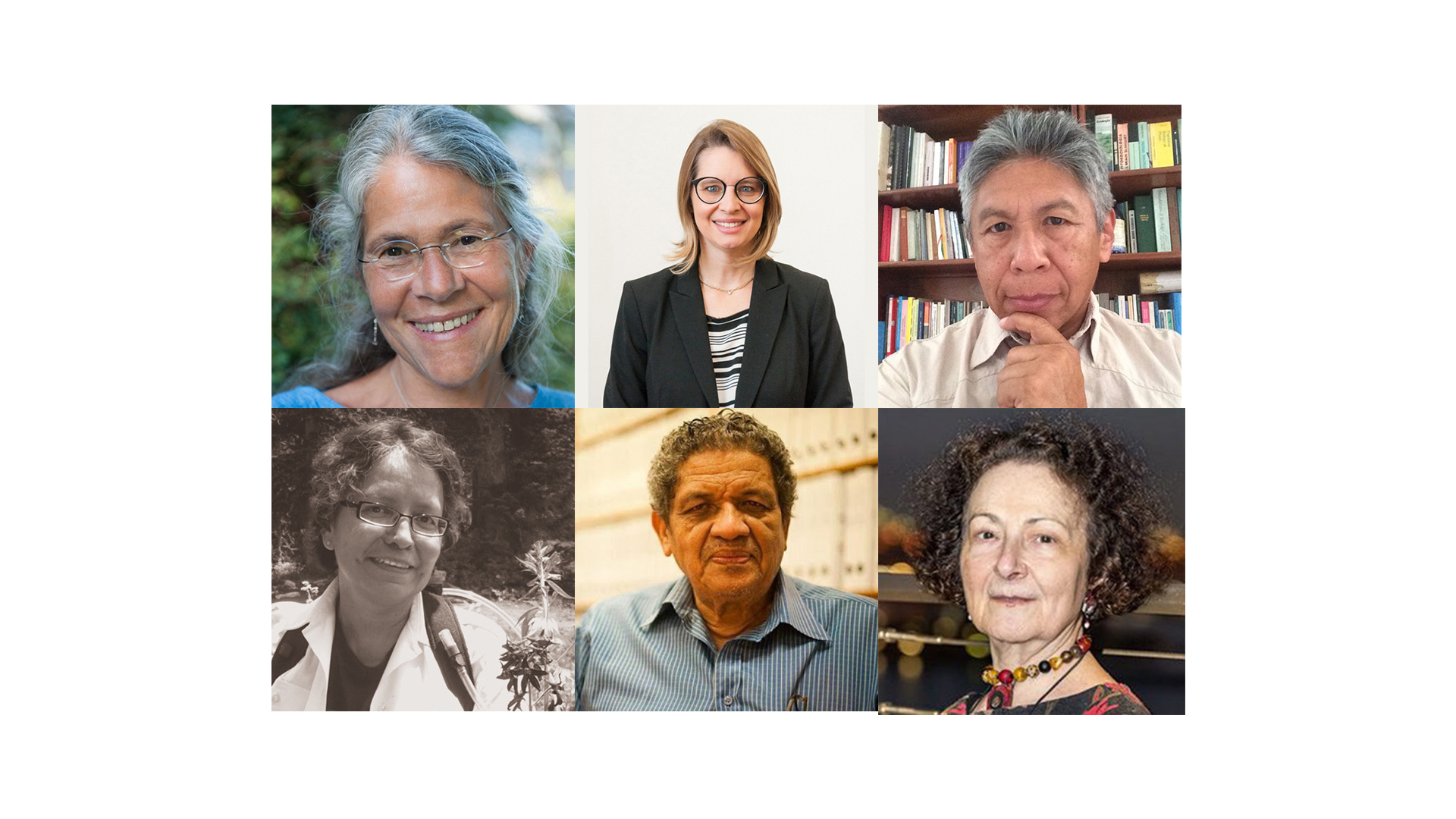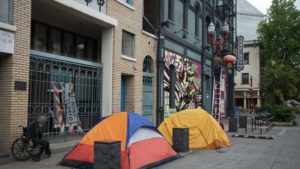Colonialism has had profound historical and ongoing impacts on the indigenous peoples of the Americas, affecting their environments, economic stability, education, health and wellbeing, cultures, and political power. Identified as the direct cause of underdevelopment, colonialism has resulted in poverty, lack of opportunities, marginalization, violence, ill health, loss of cultural knowledge and reduced life expectancy. This ICMGLT first in a series of multidisciplinary webinars, will describe Indigenous peoples’ multigenerational genocidal oppression by, as well as struggle against, the forces of colonialism and underdevelopment. It follows the 21st session of the Permanent Forum of Indigenous Issues that took place 25 April – 5 May 2022.
Speakers:
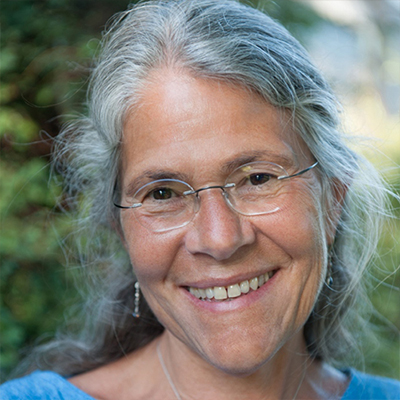
Dr. Mary Fabri
Co-chair of ICMGLT’s Working Group on Indigenous Issues, Mary is a clinical psychologist whose career has focused on the treatment of torture survivors and training local providers in post-conflict settings to care for victims of human rights violations. She currently lives in Chinle, Arizona on the Navajo Nation.
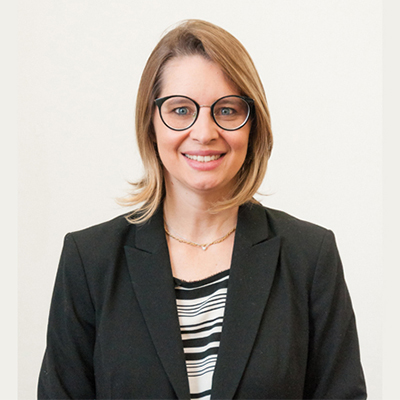
Dr. Fernanda Frizzo Bragato
Full Professor of Law at Unisinos Law School in Brazil, Fernanda conducts research and publishes articles on human rights theory, decolonial thinking, and indigenous rights. Since 2015, her work has focused on indigenous land rights/conflicts in Brazil, in the context of risk for atrocities.
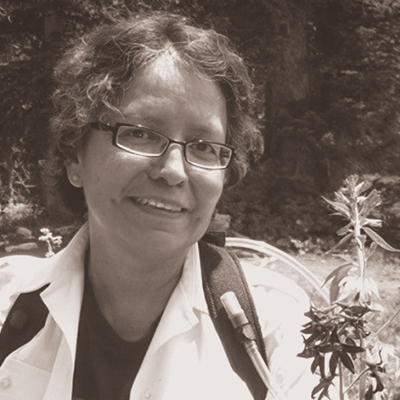
Ms. Adella Begay
Adella has been an active advocate for community health and environmental justice for more than 25 years. She serves as the Board President for Diné Citizens Against Ruining our Environment (C.A.R.E.), a grassroots organization that seeks to empower, give voice to, and protect the interests of Diné (Navajo) communities. Adella has degrees in nursing and community health and retired in 2016 as the Director of Public Health Nursing from the central part of the Navajo Nation.
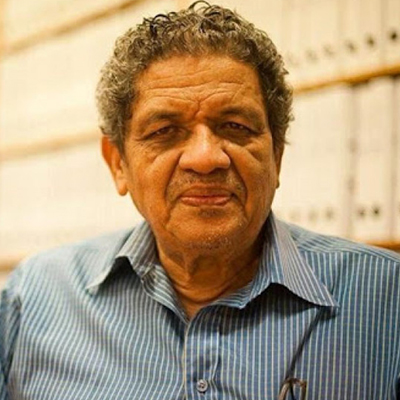
Dr. Juan Almendarez Bonilla
Juan is a Honduran physician, a human rights activist and human rights defender. He is the founder and former Executive Director of the Center for the Prevention, Treatment and Rehabilitation of Victims of Torture and their Families and former Rector of the National Autonomous University of Honduras. His research and writings have ranged from medicine to the social sciences to ecological issues.
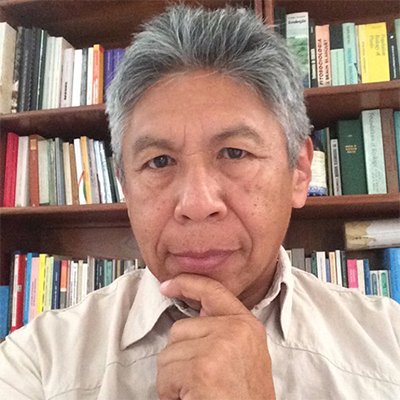
Dr. Francisco Rosado-May
A Yucatec Maya, Francisco holds a PhD in Biology from the University of California Santa Cruz. His research has focused on agroecological principles applied to the design and management of sustainable food systems with an intercultural approach. He is the Founding President of the Universidad Intercultural de Quintana Roo, where an intercultural educational model was successfully developed for Yucatec Maya students, and applied to several scientific areas.
Moderator
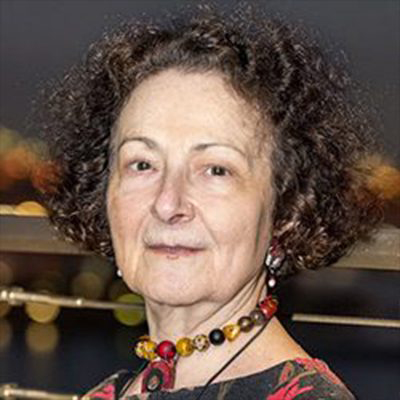
Dr. Yael Danieli
Founder and Executive Director, International Center for the study, prevention and treatment of MultiGenerational Legacies of Trauma; Director, Group Project for Holocaust Survivors and their Children.

